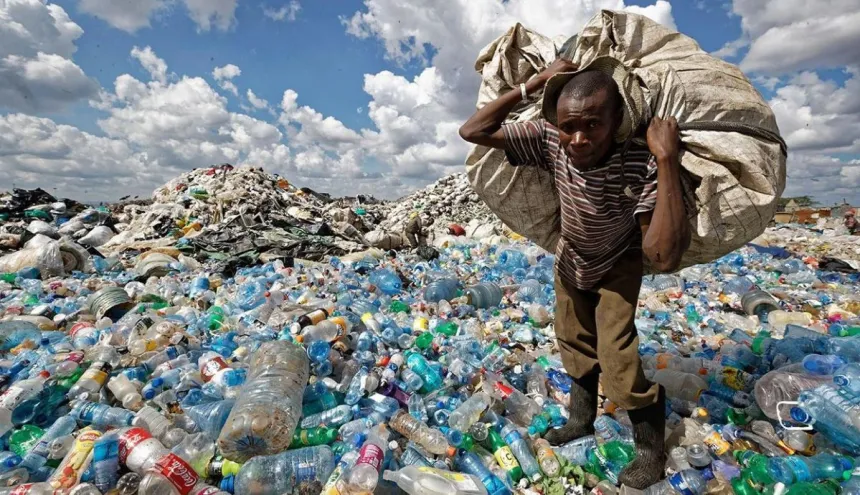Plastic pollution is an escalating global health crisis, with a new report in The Lancet medical journal warning it causes disease and death from infancy to old age, costing the world over $1.5 trillion annually in health-related economic losses.
The report, released just ahead of international negotiations in Geneva aimed at crafting the first global treaty on plastic pollution, describes plastic as a “grave, growing and under-recognised danger.” The study, conducted by leading health researchers and doctors, likens the health impacts of plastic pollution to that of air pollution and lead poisoning both of which have seen reductions through strong regulatory action.
Global plastic production has surged from just two million tonnes in 1950 to 475 million tonnes in 2022. This figure is projected to triple by 2060 if current trends continue. Shockingly, less than 10% of plastic waste is currently recycled.
Dr. Philip Landrigan, a co-author of the report and a public health expert at Boston College, emphasized the urgent need for international action, particularly highlighting how children and other vulnerable groups bear the brunt of the plastic crisis.
“To those meeting in Geneva: please take up the challenge and the opportunity of finding the common ground that will enable meaningful and effective international cooperation in response to this global crisis,” he urged.
The report also highlights the risks posed by microplastics tiny plastic fragments found in oceans, food, and even human tissues. While their full health impacts are still being studied, early evidence suggests they could disrupt human biology in significant ways.
The report links the plastic crisis closely to the climate emergency, noting that plastic production relies heavily on fossil fuels. “There is no understating the magnitude of both the climate crisis and the plastic crisis,” said Dr. Landrigan. “They are both causing disease, death and disability today… and these harms will become more severe in the years ahead.”
As global delegates reconvene in Geneva, the Lancet report serves as a stark reminder of the urgent need for coordinated international action to tackle the intertwined threats of plastic pollution and climate change.

